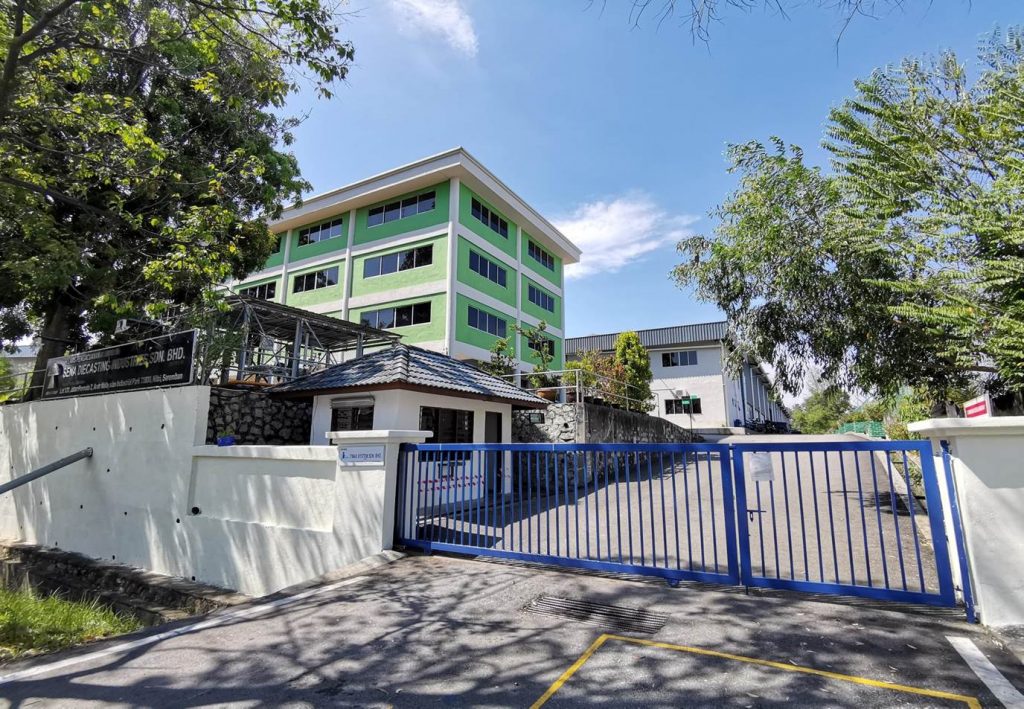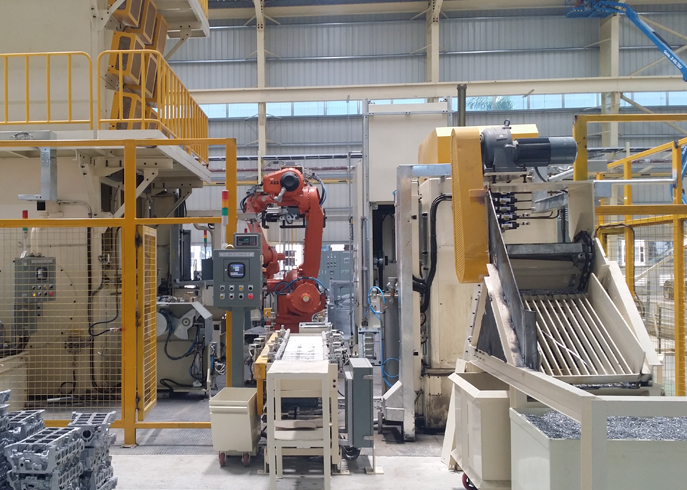Die casting has become an essential part of Malaysia’s manufacturing sector, playing a critical role in industries such as automotive, electronics, and consumer goods. The process involves injecting molten metal into a mold under high pressure to create precise and durable components. Over the years, Malaysia has emerged as a major player in die casting due to its advanced technology, skilled workforce, and competitive production costs. The country’s strategic location and strong infrastructure have attracted global manufacturers looking for reliable and high-quality die-cast components. As demand for lightweight and durable metal parts continues to rise, Malaysia’s die casting industry is poised for further expansion, contributing significantly to the national economy.
Malaysia’s die casting industry has embraced technological advancements to enhance efficiency and precision in manufacturing. Companies are investing in high-tech machinery, automation, and computer-aided design (CAD) software to improve the accuracy and consistency of die-cast products. Modern die casting techniques allow manufacturers to produce complex parts with minimal waste, reducing production costs and environmental impact. Many Malaysian die casting firms are also integrating sustainable practices, such as using recyclable materials and optimizing energy consumption. By adopting innovative production methods, Malaysia is strengthening its position as a global hub for high-quality die-cast components while meeting international quality and sustainability standards.
The automotive sector is one of the primary drivers of Malaysia’s die casting industry, with manufacturers relying on die-cast aluminum and zinc components for vehicle production. Lightweight metals are crucial in modern car manufacturing, helping to improve fuel efficiency and reduce emissions. Die-cast parts such as engine blocks, transmission casings, and structural components play a vital role in vehicle performance and safety. With the rise of electric vehicles (EVs), the demand for precision die-cast parts has increased, as automakers seek lightweight materials to enhance battery efficiency. Malaysian die casting companies are adapting to these changes by refining their production techniques and expanding their capabilities to serve the growing EV market.

Beyond the automotive industry, aluminum die casting Malaysia sector also serves the electronics and consumer goods markets. The electronics industry relies heavily on die-cast components for products such as smartphones, laptops, and home appliances. These components provide structural integrity while keeping devices lightweight and compact. Malaysia’s position as a key player in global electronics manufacturing has created a high demand for die-cast parts that meet strict performance and durability requirements. Consumer goods manufacturers also benefit from die casting technology, producing high-quality metal parts for household items, tools, and industrial equipment. As technology advances and product designs become more intricate, the need for precision die casting continues to grow.
Despite its growth, Malaysia’s die casting industry faces challenges such as fluctuating raw material prices and competition from other manufacturing hubs in Asia. The rising cost of aluminum and zinc alloys can impact production expenses, making cost efficiency a top priority for manufacturers. Additionally, competing with large-scale producers in China and India requires Malaysian companies to focus on innovation, quality control, and customer satisfaction. To stay competitive, many Malaysian die casting firms are investing in research and development, improving their manufacturing processes, and offering customized solutions to clients. Government support and industry collaborations also play a key role in strengthening the sector by promoting technological advancements and workforce development.
The future of die casting in Malaysia looks promising, driven by industrial growth, technological innovation, and increasing global demand for high-quality metal components. As more companies embrace Industry 4.0 technologies such as artificial intelligence, robotics, and data analytics, the efficiency and precision of die casting processes will continue to improve. Sustainability efforts will also shape the industry’s future, with manufacturers adopting eco-friendly practices and developing recyclable materials. With its strong manufacturing foundation and commitment to innovation, Malaysia is set to remain a key player in the global die casting market. The industry’s continuous evolution will not only contribute to economic development but also solidify Malaysia’s reputation as a reliable and forward-thinking manufacturing hub.
